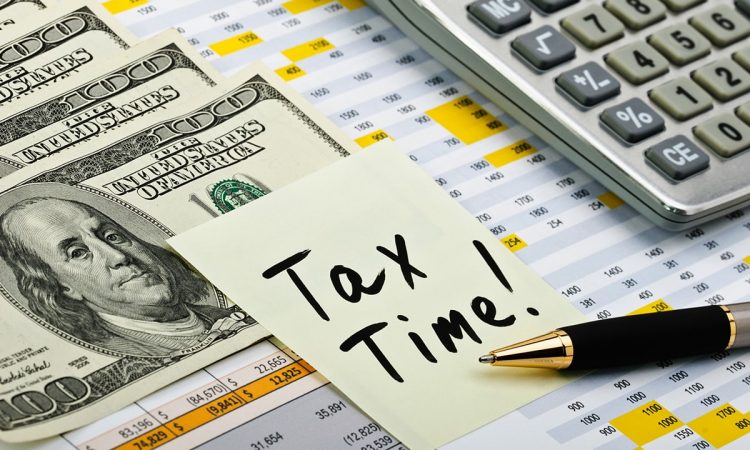The world of finance is impenetrably complex to most of us, and never more so than when the subject is taxes. Filling out tax returns can be a tedious and difficult process for many entrepreneurs and small business owners, especially those who are approaching it for the first time. It is, therefore, the standard practice to hire an accounting professional to manage books and to assist in filing tax returns.
Most small business owners these days are able to manage their own books. This is helped a great deal by the widespread availability of software, which can automate much of the process. No longer is immaculate personal organization a requirement for managing these things. Tax is a little more complex though. There is only so much that automated systems can do and, for the time being at least, a human operator is required to interpret the various rules, laws, and other regulation.
If you are one of the many people in the United States who hires someone professional to do their taxes for them, whether it be for a small business or personal finances, then these are the most important questions to ask when interviewing potential tax professionals.
‘Do You Have a PTIN?’
A preparer tax identification number (PTIN) is a unique number issued by the IRS, whose own rules state that all professionals that prepare tax returns for a fee are required to have one. If you ask for this information and they do not have it then you should walk away. Note that it is perfectly legal for another person to do your taxes or to advise you without a PTIN, provided that their services are not in any way being compensated. This means it would be strictly free personal advice.
‘What Qualifications Do You Have?’
There is a range of potential qualifications that someone might hold, which might give them insight into your tax situation. For, example, a student who has studied for an MBA will likely have a reasonably good grasp of many aspects of tax code. However, the ones you should really look for are specifically qualified in the field of taxation. The most prominent is the MST, masters of science in taxation.
Note that an increasing number of freelance tax professionals now hold online degrees. Online degrees were once considered to be of little value, almost novelty items, however, they are now legitimate degrees. Be mindful of the issuing institution. If it is a reputable university, which also hosts campus courses, then you should take it seriously. Northeastern University is one such example. Their Northeastern University Online arm, known as Northeastern Online, offers students an online masters in taxation course.
‘Can You Represent Me in Front of the IRS?’
Many preparers are able to assist you by defining terms or answering questions, but not all will be able to represent you in front of the IRS in the case of an audit or a hearing. Only people with the right credentials can do this, so consider what level of services you will require.
Most tax professionals will have a bunch of letters after their name. A good way of beginning is to ask them what they mean and have them explain them to you. This is a good icebreaker and a good way of assessing what the person in front of you is capable of.





